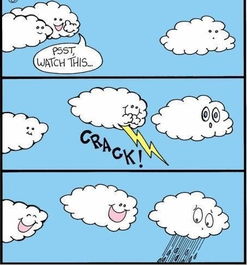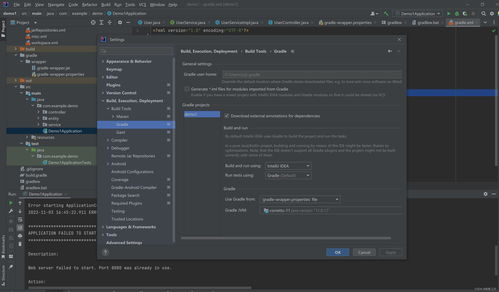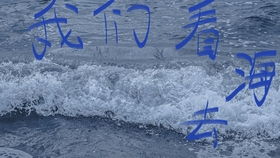Content:
Fishing in small towns often offers a serene and less competitive environment compared to bustling city lakes or busy reservoirs. While the lack of crowds can be a boon, it also means that you need to be well-prepared and skilled in your techniques to catch fish effectively. Here's a comprehensive guide on how to master the art of fishing in small-town waters, complete with proven techniques that can turn your fishing trips into successful endeavors.
Understanding Small-Town Waters
Before delving into the techniques, it's essential to understand the unique characteristics of small-town waters. These bodies of water are often well-preserved, with less pollution and a diverse range of fish species. However, they can also be more challenging to fish due to their smaller size and the potential for overfishing. Here are some key points to consider:
Size of the Waterbody: Smaller lakes, ponds, and streams can be more intimate, but they also mean that you have less space to cover. It's crucial to be efficient with your approach.
Fish Species: Small-town waters can be home to a variety of fish, including bass, panfish, catfish, and even trout, depending on the region. Research the species that are most abundant in your area.
Water Quality: Since small-town waters are often less polluted, the fish may be more sensitive to changes in water conditions. It's important to monitor water clarity and temperature.
Local Regulations: Be aware of any fishing regulations specific to your small town, such as size limits, bag limits, and seasonal restrictions.
Essential Gear for Small-Town Fishing
The right gear can make a significant difference in your fishing success. Here's a list of essential equipment for small-town fishing:
Rod and Reel: Choose a rod and reel that match the type of fish you're targeting. A lightweight spinning rod and reel are versatile for many species.
Lures and Baits: Carry a variety of lures and baits, including artificial lures like spinners, jigs, and crankbaits, as well as natural baits like worms, crickets, and minnows.
Line: Use monofilament line for its flexibility and strength. The thickness of the line should match the size of the fish you're aiming to catch.
Tackle Box: Include hooks, sinkers, swivels, and other accessories in your tackle box.
First Aid Kit: Always have a basic first aid kit on hand for any minor injuries.
Techniques for Success
Now that you have the right gear, it's time to learn some fishing techniques that are particularly effective in small-town waters:
Patience is Key: Small-town waters may not yield immediate results. Be patient and wait for the fish to bite.
Cast Wisely: In smaller waters, it's easy to spook fish with a long cast. Aim for shorter, more accurate casts to minimize disturbances.
Bait Placement: Depending on the fish species, you may need to adjust your bait placement. For example, bass are often found around structures like rocks or fallen trees, while panfish may be found in shallower, weedy areas.
Trolling and Casting: Combine both methods to cover more ground. Trolling can be effective for covering larger areas, while casting allows for more targeted fishing.

Adjust to Weather and Time of Day: Fish behavior can change with the weather and time of day. Early morning and evening are often the best times for fishing, as fish are more active.
Use Scented Baits: Scented baits can be a game-changer in small-town waters. They can attract fish from a distance and increase your chances of a bite.
Keep it Natural: Fish are more likely to bite on natural-looking baits. Avoid overly bright or gaudy lures unless you're targeting a specific species that prefers such colors.
Observe and Learn: Pay attention to the behavior of the fish and adjust your techniques accordingly. This might involve changing your lure, adjusting your depth, or changing your location.
Conclusion
Fishing in small-town waters can be a rewarding experience if you approach it with the right mindset and techniques. By understanding the unique characteristics of these waters, using the appropriate gear, and applying effective fishing methods, you can increase your chances of success. Remember that fishing is as much about patience and observation as it is about skill, so take the time to learn and enjoy the process. Happy fishing!












